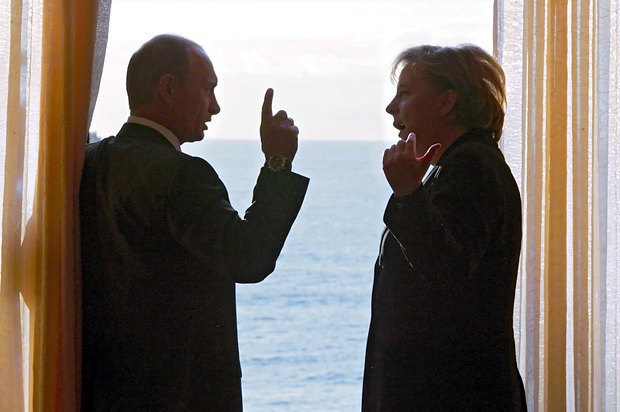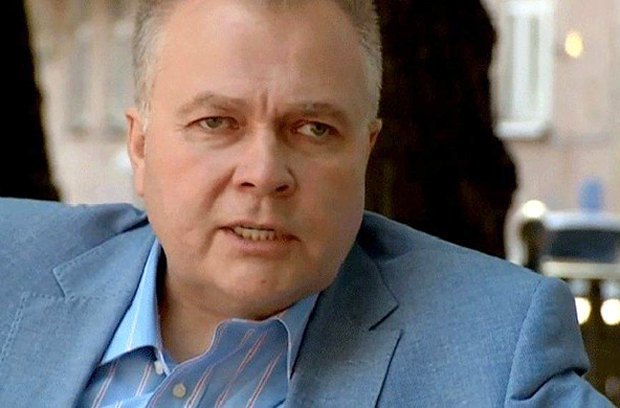
Russia's general reaction to the Warsaw NATO summit can be described as silence, which of course is relative, however one may have expected the reaction in the Russian information space to be much more hysterical as such.
Still, the true hysteria has already taken place during preparations for the summit when Russian mass media were literally apprehensive of the most negative scenario, up to an incursion by allied troops in Russia with the help of four battalions deployed in Poland and the Baltic countries, which they expected to happen any day.
However now that the Duma and the Federation Council are in recess, and on the eve of the elections parliament members are more interested in keeping their seats and arranging their own affairs: the issues of foreign policy and "the country's security" faded into the background. Main TV channels are also in between the seasons until the second half of August. Public attention is now much more focused on the prospects for Russian athletes' participation in the coming Olympic Games and Vladimir Putin's trip to Valaam where he prayed either for the peaceful rest of the Russian pilots killed in Syria during the operation to defend Bashar al-Assad's regime or for saving the motherland from the alliance's "aggressive policy".
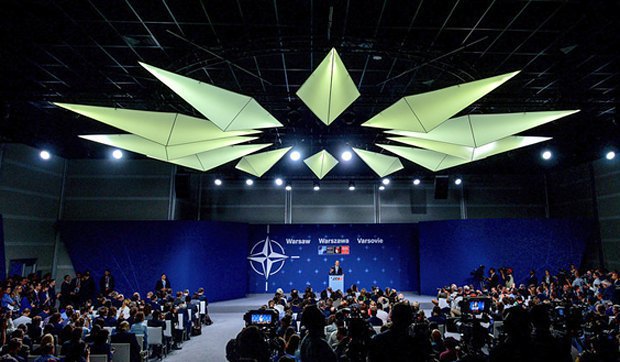
Thus reaction to the summit can mostly be observed in the expert community. Consistently pro-Western experts, the author being one of them, have a rather optimistic point of view: having significantly reinforced its eastern flank, NATO has made a step forward towards containing Russia's aggressive policy and its imperial syndromes and protecting the European world order.
More moderate experts say with concern and regret that it was this aggressive policy which woke the dormant alliance up and now the world has made a step up the ladder in the cold war and arms race, in which - here we can fully agree with these experts - Russia will inevitably be defeated the way it happened with its historical predecessor and inspiration, the Soviet Union.
Finally, there is an extreme "patriotic" point of view presented in the widely publicised notorious interview by Sergey Karaganov, one of the president's advisors, with Der Spiegel. There is no point in summarising it, let us just say that it mirrors the point of view of the country's political leadership. As always, it is not possible to say for sure whether Karaganov expresses his recommendations to the Kremlin or retransmits its political concept and ideology using the format and expressions which Putin and Lavrov cannot afford. I believe here we have this last option.
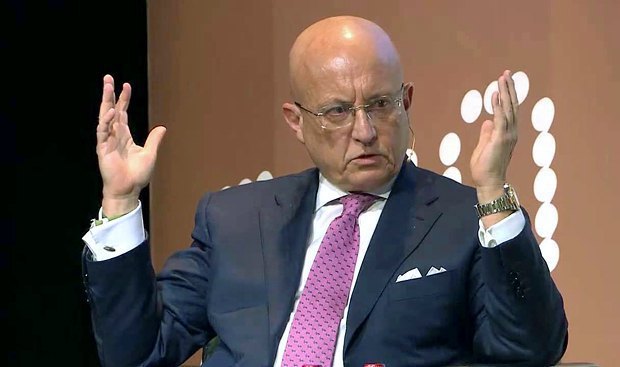
So the official Kremlin is quiet. The NATO-Russia talks, as was expected, got nowhere, especially on the Ukrainian issue, which is the most sensitive one for Moscow. The Russian authorities are plucking up their courage and spirit. This is fully in line with their traditions as their idol Joseph Stalin also took his time bracing up to recover from a feat of fear which struck him after the start of the war, which is habitually called the Great Patriotic War.
In this case the shock has to do with the fact that the Kremlin continues to be confident that Europe, the West and NATO after all need Russia and thus they "will not dare". They will not dare to disregard its interests and position, appoint a meeting with Russian diplomats after all the decisions were made and moulded into, although diplomatically reserved, but rather tough phrases.
They did! Uniformed agencies, Russia's ruling class, placed their traditional bets on the West being weak and soft, incapable of taking decisions and interested in partner-like relations with Russia, and their bets were overturned. The thesis on partnership however is still heard but without its usual obtrusive and ambitious cockiness.
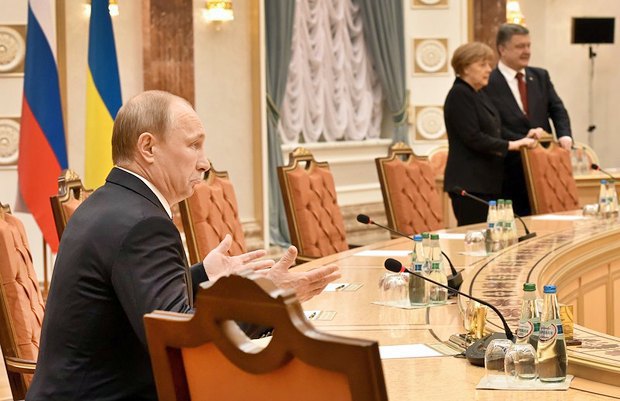
Let us move on from the information space to Russian Realpolitik. Overall, the Kremlin could not but understand that the policy of aggressive foreign policy gambles, fuelling and simmering regional conflicts and hotbeds "in operating mode" has failed. Foreign policy and especially rhetorics largely serve the main political priority of the ruling class, which is to preserve and strengthen its power inside the country and consolidate the rapidly impoverished population around this ruling class.
The government is incapable of ensuring acceptable living standards and solving economic problems? But it is the only guarantee of sovereign existence - without liberal values and unnecessary freedoms, without the supremacy of human rights and needs over the interests of society and the authoritarian state, without single-sex marriages and gay pride parades. Who really cares if the share of people living below the poverty line has long exceeded 20 per cent and is steadily moving towards 30 per cent while another 50 per cent of the population can only afford food and utility bills while medical and educational services become increasingly more inaccessible - after all, what is really important is that no-one can tell Russia which path of development it should take!
The ruling class, which considers themselves as shareholders and the country as their collectively-owned profit-making corporation, is incapable of solving economic and managerial tasks. It devotes all its attention to the protection of traditional moral values and security. As of the beginning of a new political season, the issues of "protecting peace, security and sovereignty from NATO's threat" will certainly take centre stage.
By sequestering state expenditures that are vitally important to the population, the regime continues to spend money on rearmament, cultivate its military might, broadly announcing that it is going to start batch manufacturing of strategic bombers capable of hitting targets with nuclear weapons right from the space. It is clear that after the NATO summit the tactic of nuclear and energy blackmail will not only stay but will be given a new impetus.
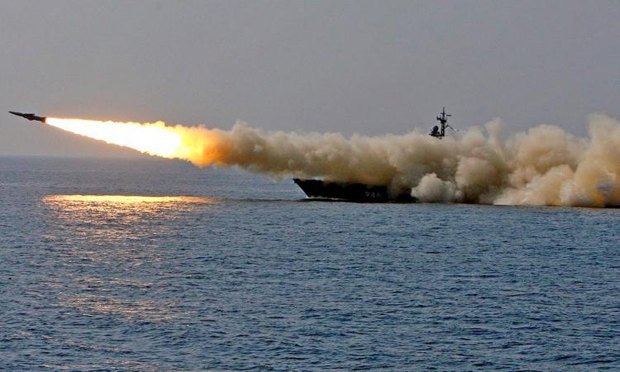
One should not forget that 2.5m people employed in one or another capacity in the defence industry are the social backbone of the Kremlin regime. Together with families, they make around 10 million people living in the country's industrial areas. Any programme of disarmament or containment of defence industry growth will ruin their lives. They are horrified at the thought of any potential return of a "liberal" policy both domestically and abroad. Add servicemen, military pensioners and other uniformed agency members with their families to the equation and it is clear that the Warsaw summit of the Euro-Atlantic Alliance cannot have any other effect on Russian policy apart from escalating the arms race and attempts to introduce a mobilisation scenario of "development". Putin may say as much as he wants that Russia will not allow to be pulled into an arms race but the political vector is already here and the existing leadership cannot change it.
It is naive to assume that Russia will make concessions on Crimea and Donbas, the Dniester region and Karabakh. It is equally naive to expect Russia to reduce the number of troops deployed along its western border and in Kaliningrad Region. It is impossible to imagine Russia ditching the concept of the "Russian world". The most one can expect is for the mode of flights by the Russian Aerospace Forces above the Baltic Sea to change. Now they will perhaps fly with their transponders on.
The "threat" from four battalions of the allied troops stationed in Poland and the Baltic states will justify any information, economic, "defence" and international policy of Russia which under no conditions will abandon its imperial claims, the legacy of the Russian empire and the Soviet Union, its attempts to expand its zone of influence to include not only the post-Soviet space and Eastern Europe but also the Middle East.
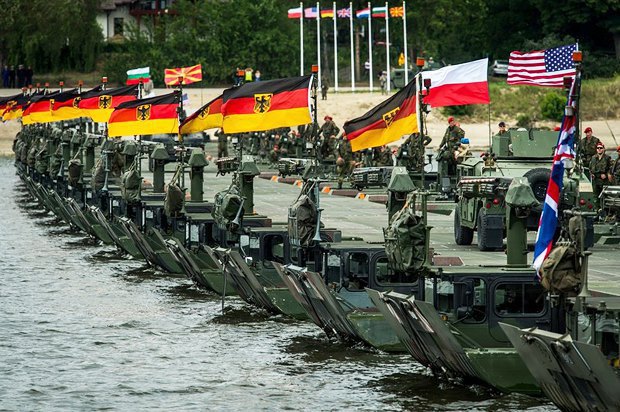
With this in mind, readers in the West should recognise the following: the policy of containing Russia is nothing more than the first step towards neutralising its imperial claims and ensuring European security. These claims cannot be overcome within the country's currently existing system of political coordinates and thus any thought of agreement, let alone partnership, with current Russia must be completely dismissed as absurd.
As the author of these lines repeatedly said, it is impossible to settle the situation in Donbas within the framework of the Minsk agreements and it is harmful not only for the statehood of Ukraine but for European security too. The Donbas problem has no political or diplomatic solution. This conflict is civil and national by its form alone. In fact, the issue here is about the Russian aggression and occupation of these territories disguised as a civil war in accordance with the principles of a hybrid war.
The international community must recognise this fact and resolutely condemn Russia's aggressive policy, including the despatch of the so-called "humanitarian convoys". The only way to "pacify" the region is to deploy armed peacekeeping forces which would include representatives of the armed forces of allied states and Ukraine. Under no condition should the Russian forces be engaged in this peacekeeping operation. In the worst-case scenario, Russian military representatives can be allowed in no other role but observing.
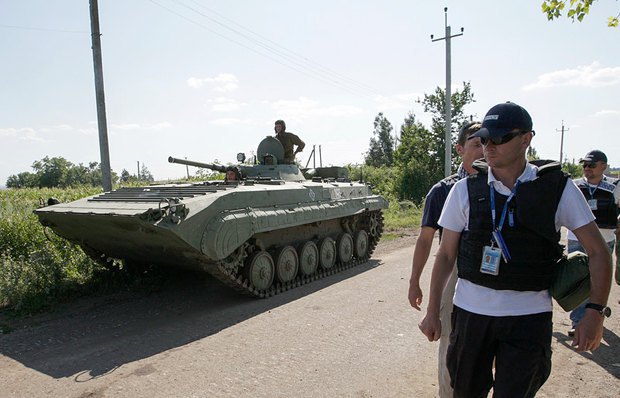
The peacekeeping contingent must be tasked with disarming the militants of the self-proclaimed Donetsk and Luhansk people's republics, which perhaps should be granted a humanitarian corridor to leave for Russia, after which Ukraine should resume control over the border which is currently controlled by the Russian Armed Forces and militants. Only then, on the territory ridded of militants and armed pro-Russian elements, can elections be held. The status of the areas currently controlled by the Donetsk and Luhansk people's republics should be defined by parliament within the framework of the existing Ukrainian constitution.
Obviously, Russia will make every effort to prevent such a scenario from happening. It is important to understand that any assurances and calls "not to irritate" the Kremlin do nothing else but connive and motivate its aggressive imperial course. It also looks obvious that the Crimean issue cannot be settled while the current Russian authorities are in power. No economic sanctions, political and military pressure will make the current Russian regime to cede it.
An insufficient strengthening of the southern part of NATO's eastern flank can be regarded as one of the "shortcomings" of the summit. Whereas namely the basin of the Black Sea and the Balkans are the most sensitive zones of "Russian geopolitical interests". The Kremlin is as sensitive to any foreign presence here as in the Baltics, if not more.
It seems the best solution would be for the Alliance's warships to set up a continuous duty in the Black Sea, which would guarantee security for Georgia, Romania and Moldova, the entire Balkan region and would let Ukraine feel more confident.
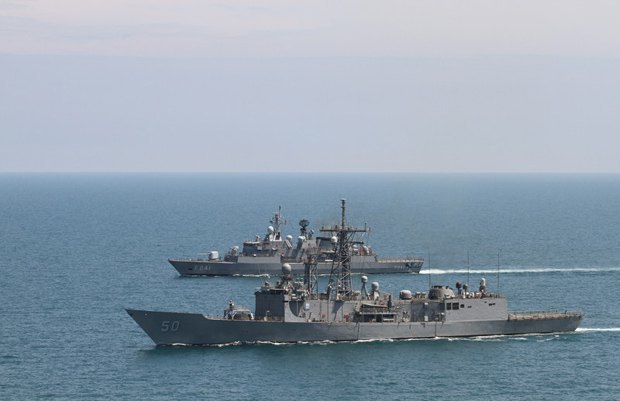
The main trump card of Russian international policy is the idea of cooperation between Russia and the Alliance in fighting international terrorism. For no reason at all Moscow insists that it has some groundwork and experience in this area. May I ask what experience it is talking about? If it is the experience of "pacifying" Chechnya, it is highly doubtful that it is of any use to the West. The current carpet bombings of Syria by the Russian Aerospace Forces keep the regime of Bashar al-Assad on life support while causing suffering and death to the population, new waves of refugees to European countries, which does not bring the end of international terrorist forces closer at all. The supporters of partnership with Russia in fight against terrorism should keep in mind that over the history of its foreign policy, Moscow has created and supported Arab anti-Israeli extremism, beginning with the Palestine Liberation Organisation.
It should also be taken into account that a large part of Iraqi and Libyan officers used to study in Russian/Soviet military educational establishments and were therefore integrated into the system of special services which always saw their task in destabilising the Western world and its public order. Obviously, the Russian leadership has not taken these tasks off the agenda.
On my part, I would risk suggesting that as long as Russia's geopolitical positions weaken, the intensity of Islamic terrorists and migration flows to European countries will decrease.
